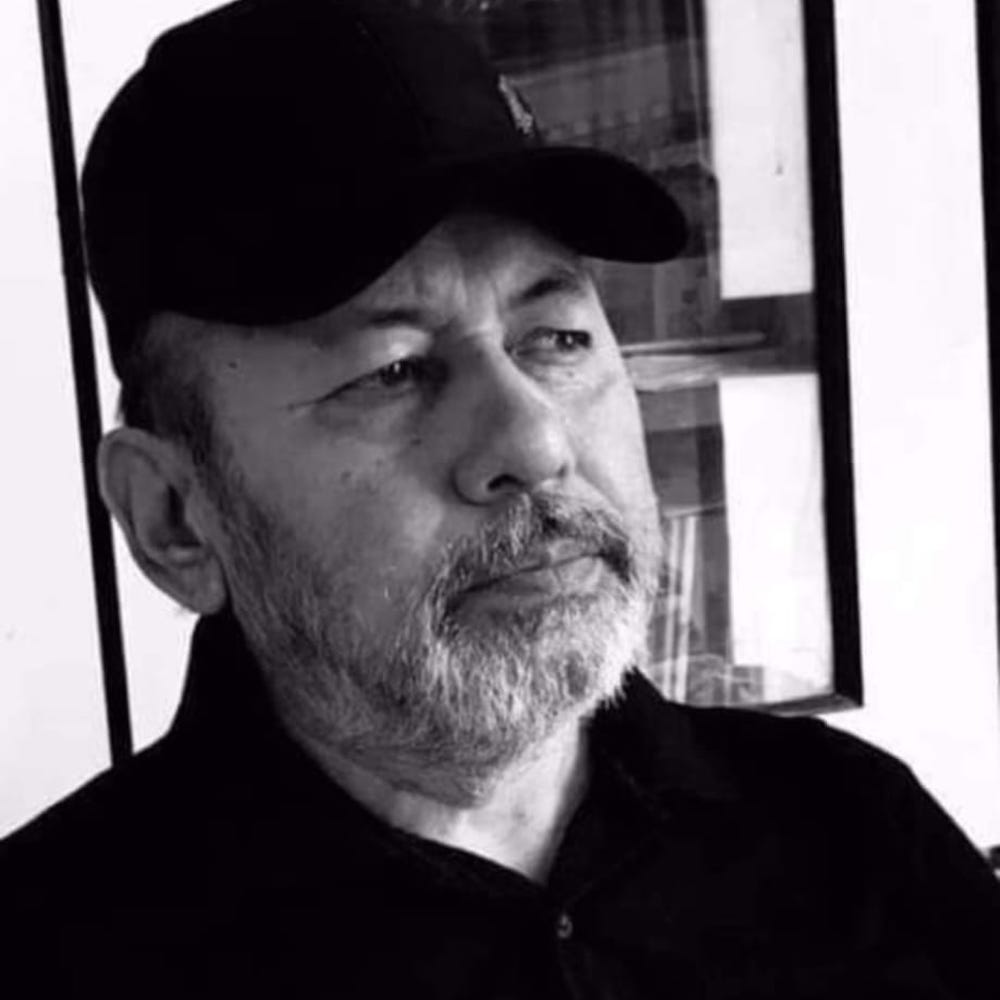(In memory of the lives lost in the Nellie Massacre in Assam, February 1983)
Adorned in Riha-mekhela,
Nayantara Barua, of some unnamed village,
comes to me in a dream each night
and she says—
Come, grow a new life with me
here in these fields murmur
a new song of ardor
in this land we know.
Of some unnamed village, Nayantara Barua
stirs awake inside me to the rhythm of a Santhali tune
and leads me by the hand
toward spring, toward the flowers,
and at midnight toward the heart-rending cry
of the brainfever’s inconsolable birdsong.
How do I explain to you, Nayantara!
I don’t have the leisure—to fiddle with the flowers of spring,
to join the laughter riding the new wind.
There is a storm brewing here—inside me and outside.
The cities are being torched, the villages blazing,
the vultures darken the sky above us, Nayantara!
Nayantara Barua of some unnamed village
steals a look through the weave of Dafla dancers
lures me with her countless stolen glances.
Oh, what does she know
of men who like to hunt men
of men who hunger for the flesh of men.
The drums beat, the cymbals clang,
the feet begin to dance, the eyes begin to laugh,
the villages keep burning, the boots keep thudding,
the hunters march, setting their devious traps.
Homes uprooted, the fields are torn
the rivers weep, the bridges collapse
the drums beat, the feet begin to dance
the trucks full of lamentation
steal through the border at midnight.
At midnight, the trucks patrol the villages
and the village head’s wife vanishes without a
trace
and they find Malati’s raped body left for dead.
The blowflies torched with the cowsheds
Dreams scorched with the eyes
Desires burnt with the bodies.
Amidst the throng of torch-bearing picketers
like the shrill note of a blown conch shell she pierces me
Nayantara Barua of some unnamed village.
Is it Gohpur or Nellie,
Rajbari or Jahamari?
In broad daylight the shaman rides a black horse,
at the break of dawn the cannibals steal out of their hovels
taste of blood in mouth, machetes in hand, eyes lit with rage
men drunk on the blood of men.
What dreams are these blue-bruised by a witch’s gnaw,
What curse come to roost in a barren house
These nightmares like the screech of falcons.
Draped in a chador of Mekhela silk, glancing coyly,
Nayantara Barua, of some unidentified village,
Leads me to the prayer hall of her guileless smile
Beckons me to the riverbank of her sinless invitation.
How do I make you understand, Nayantara!
There is no bigger truth for me than that of the heart.
But the mutilated scenes from this harrowing time
flow like a massive channel between us.
I cannot wade to the other side
you cannot swim through to this side.
Nayantara! How do I make you understand:
There is no bigger truth than that of the heart.
Copyright © by Avinash Shrestha. Translation copyright © by Rohan Chhetri. All rights reserved.












